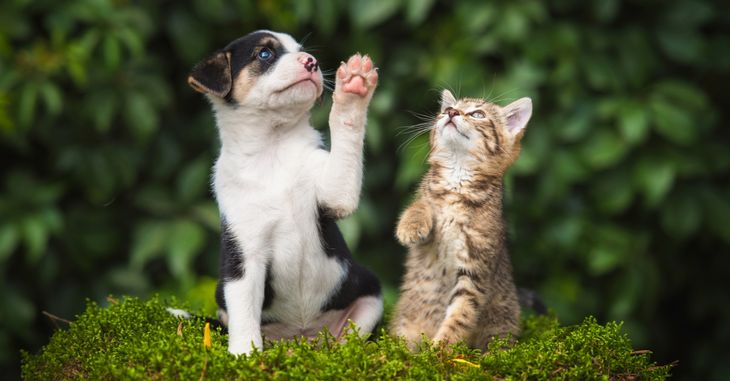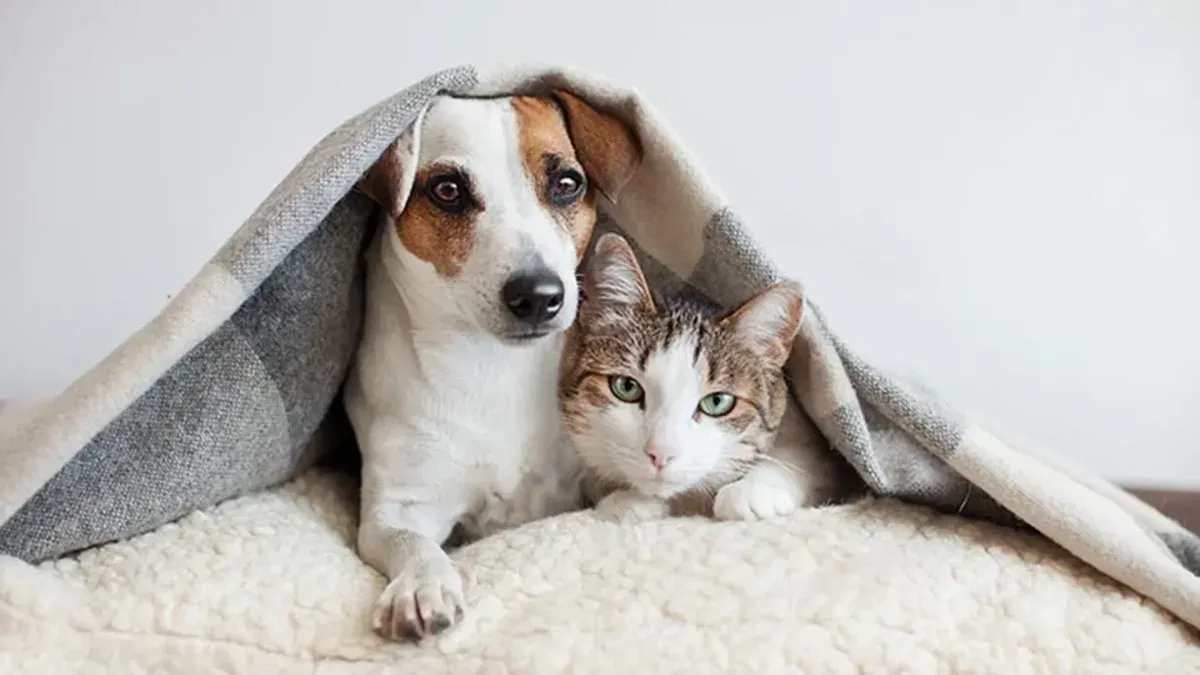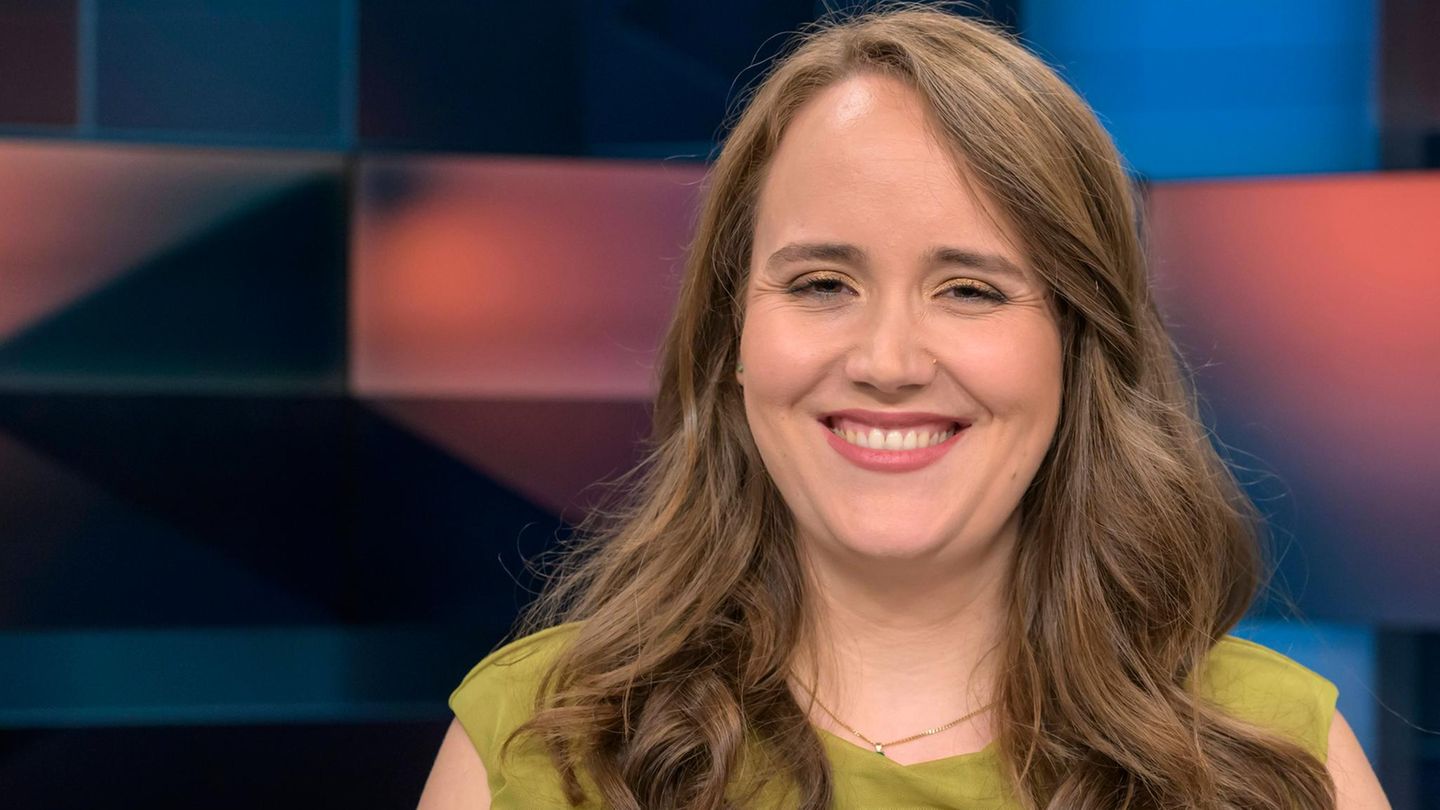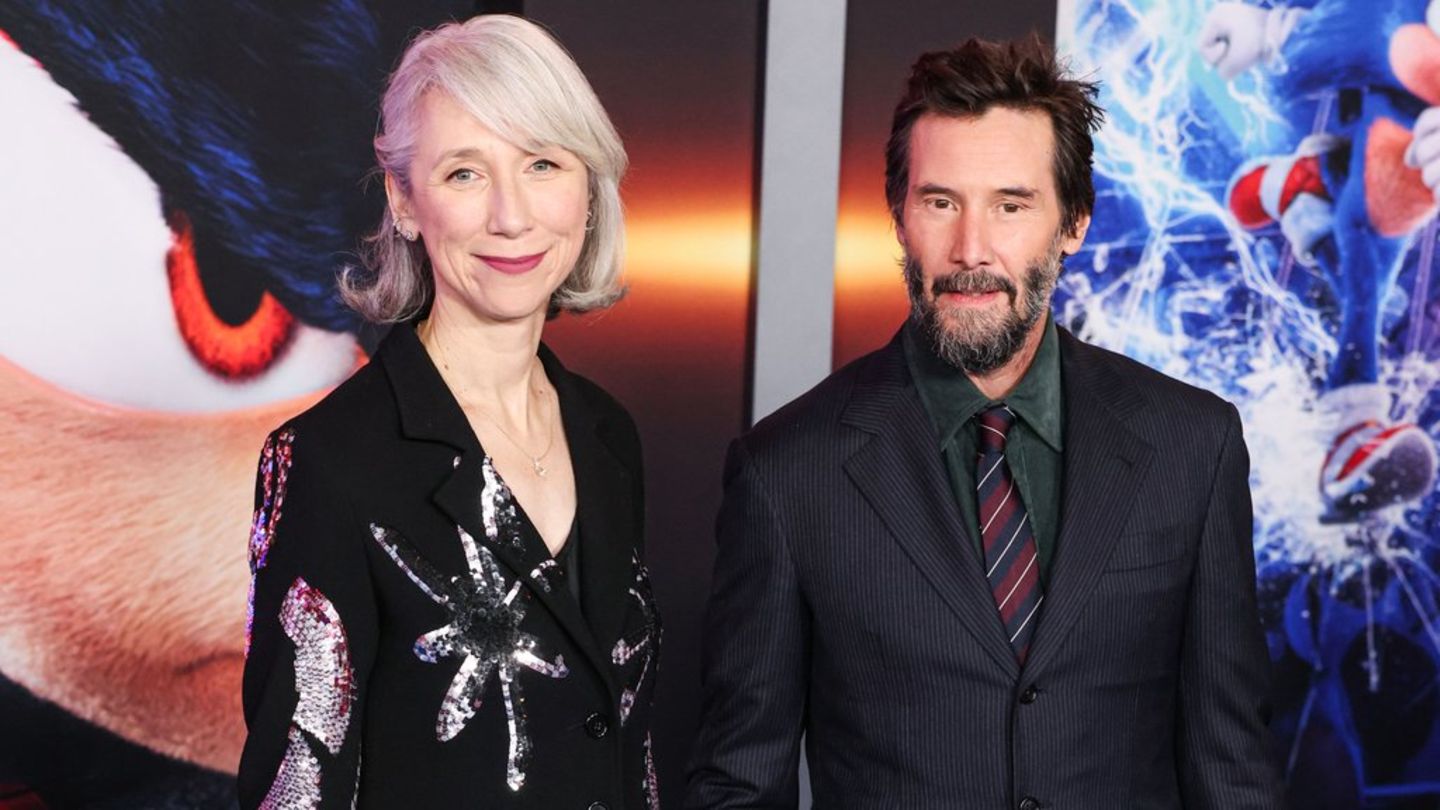Scientific studies showed that pets are diverting from the natural evolutionary course because of humans.
The relationship between humans and pets generated changes in the evolution of dogs and cats. A recent study revealed how Human preferences molded the appearance of these species. The artificial selection of specific features altered the natural course of its evolutionary development.
The content you want to access is exclusive to subscribers.
The researchers analyzed skulls of hundreds of domestic and wild specimens. The results showed a surprising convergence in the physical characteristics of dogs and cats. This similarity did not arise by chance, but as a result of human intervention in its selective offspring.


cats and dogs.jpg

The extreme breeds that caused the evolution to change
The modern breeds of dogs and cats developed similar characteristics despite their evolutionary differences. Pugs and Persians, for example, have flattened faces, large eyes and rounded heads. These features, similar to those of human babies, emerged from human preference during selective breeding.
The study of Washington and Cornell universities used 3D technology to analyze skulls. Wild animals maintained stable bone structures, while domestic races showed great diversity. This variation in forms was related to the “Baby effect”a psychological phenomenon that attracts humans towards children’s features.
50 million evolutionary years thrown in the garbage
Dogs and cats shared a common ancestor 50 million years ago. Natural evolution led them to develop different characteristics. However, human intervention modified this process. The selection of specific features deleted millions of years of evolutionary differences.
The “baby effect” influenced the preference for pets with children’s features. This trend generated health problems in extreme breeds. Scientists warned about the negative consequences of this artificial selection. The modification of the skulls for achieve more “adorable” features caused respiratory difficulties and dental deformations.
The researchers proposed to limit the breeding of animals with excessively short skulls. This measure would seek to preserve the health of pets. The study demonstrated how human preferences can alter the natural evolution of species.
Source: Ambito
I am an author and journalist who has worked in the entertainment industry for over a decade. I currently work as a news editor at a major news website, and my focus is on covering the latest trends in entertainment. I also write occasional pieces for other outlets, and have authored two books about the entertainment industry.




